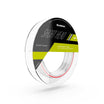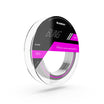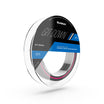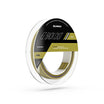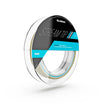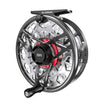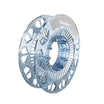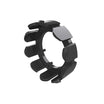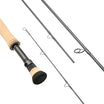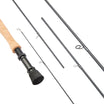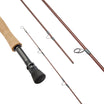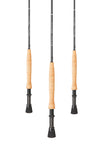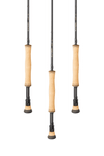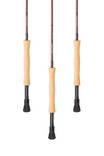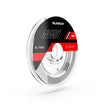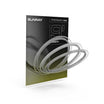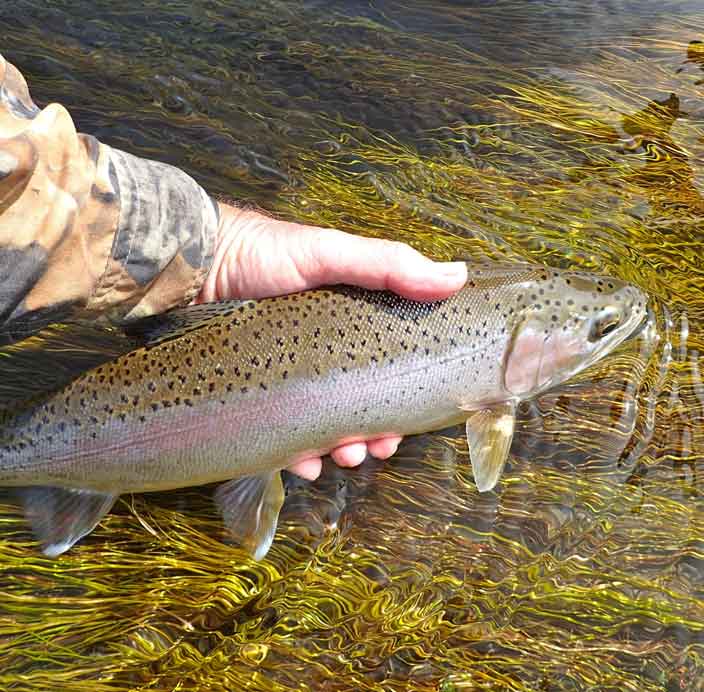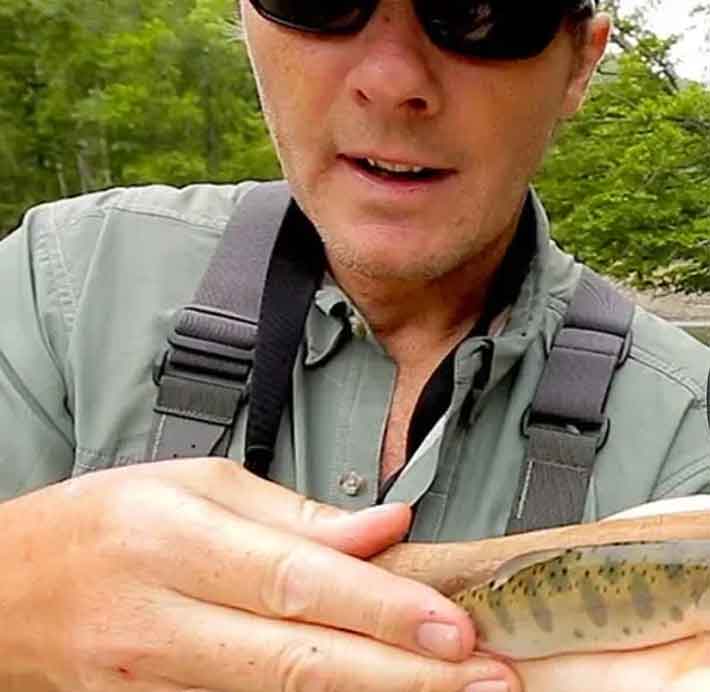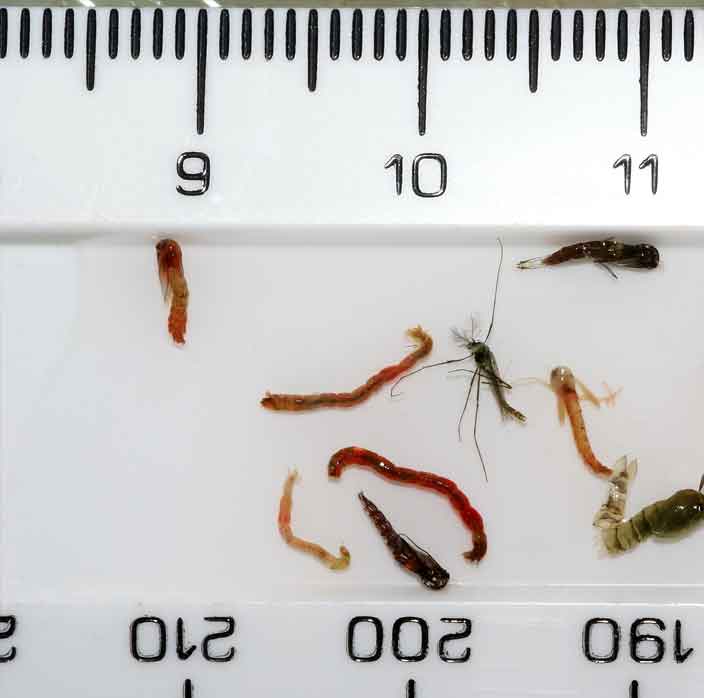Fly Fishing in Montana
This September Steve Donohue, Alex Watkinson & I had a two week fishing trip to the USA. Alex is a mad keen, young blood with impressive nymphing skills, whilst Steve & I are oldies who generally focus on dry fly tactics when ever possible. The trip was a resounding success although I did have two ‘Captain Catastrophe Days’ on the spring creeks near Livingston Montana when probably due to lack of sleep & jet lag I missed most of the takes that I got & lost a very big fish that ran all my fly line off the reel in its upstream charge before shedding the hook!!!!! We all learned a lot from the fishing & here are a few things that might help those of you who plan a visit to fish for trout in the USA.
On the spring creeks, tributaries of the Yellowstone River at Livingston, (Armstrong & De Puys) we encountered hot, sunny weather with a brisk wind during the middle of the day. Surface activity was mainly confined to the mornings & late evenings with massive hatches of tiny chironomid midges plus a few very small Blue Winged Olive duns & spinners. The fish were generally tolerant of a close approach but hyper fussy about accurate, drag-free presentations. Most fish fell to size 24 CdC IOBO Humpies or similar tiny flies fished on 0.10mm diameter tippet. Steve had the best fish, a 23” brownie & both he & I lost bigger fish. Fishing these highly pressured, big fish waters is not cheap at $80 to $100 per day, but they provide a unique experience of chalk stream-like fishing for big, truly wild fish (no tame stock fish on these waters). Furthermore the wildlife is fantastic; we saw eagles, dippers, otters, white tailed deer, muskrats, water rails, woodpeckers, sand hill cranes & a host of other critters.

Armstrong Spring Creek

Average sized Spring Creek rainbow trout
Dull, cool, slightly damp days are the best for September fly hatches & that is just what we got on the Gallatin River in the canyon just north of Big Sky. The morning was slow although Alex caught a good rainbow of about 17” whilst Euro nymphing; however in the afternoon there was a good hatch of tiny Blue Winged Olives & Midges & a size 24 CdC IOBO Humpy accounted for plenty of rainbows & brown trout in the 8 to 14” range.

Alex on the Gallatin River

Small CdC flies also proved their worth at a small creek near Livingston during a couple of dull days when there were good hatches of tiny BWOs in the afternoon on the meadow water, although bigger flies (size 16 & 14) worked fine when there were a few larger Green Drakes & also when fishing the pocket water below the meadows. On the latter a size 14 Elk Hair Caddis worked wonders with Tenkara gear or a long light-line conventional rod high sticking. Here we caught good numbers of cutthroat trout, rainbows & hybrid cutbows mostly in the 13” to 17” size range, best 19” to Alex. Seeing tiny CDC flies on broken water can be difficult; I usually treat my CdC flies with a thin coating of Roman Moser Miracle Float gel, but a coating of white Hunts’ Original Silica Powder was a big help on this trip.

Alex on the small creek meadow water

A colourful cutthroat trout

Green Drake female dun
Euronymphing was the way to catch the mountain whitefish (like grayling but minus the spots & big dorsal fin) & Alex gave us master classes on several rivers including the East Gallatin & Maddison. Bill Eadie’s Grayling Slayer fly proved to also be a whitefish & rainbow slayer. Our afternoon on the Maddison was very hot & sunny with no hatch & nymphing or streamer fishing were the only possible options.

East Gallatin river whitefish

A chunky Maddison river rainbow to Euronymphing
Other rivers we fished were the Boulder & Stillwater. Lots of useful information is available on the internet & from the numerous fly shops. We are indebted to the guys at the Yellowstone Angler Fly shop & the Sweetwater Fly Shop, both in Livingston, for the advice on river access. Wading anglers have relatively free access in the National Forest areas but where private land borders the rivers access is limited to bridges, some roadsides & designated access points (the latter are well marked). Where private land borders the river you can have free access to fish the river as long as you do not go above the high-water mark.
Fishing Montana in September
Be aware that easily accessed fishing spots get heavy fishing pressure & we found that some of the fish we caught had damaged mouths due to careless handling. Careful catch & release is essential if these rivers are to remain first class fisheries!!!!!!!! Despite the heavy fishing pressure, when a hatch takes place the fishing can be outstanding, with a stack of fish being caught without the need to move far; Alex had 16 fish from one small pool during a mixed hatch on one of the small streams.
So in conclusion, if you go to Montana in September be prepared to be versatile in your approach & don’t ignore tiny flies. If you go during the Salmon Fly season (huge Stoneflies) then big Stimulators or the like will be the order of the day.
I’ll tell you a bit about the fishing in Yellowstone Park in my next Blog.



